Dog Allergies Treatment For Your Dogs Comfort And Health
People respond to allergens with sneezing and nasal congestion, dogs develop itchy skin. Licking, biting, and scratching leads to hair loss and open sores. Dog allergies treatment requires investigation into the many possible causes of an allergic reaction.
To control itching and scratching avoid or reduce your pets exposure to the allergen and treat the symptoms. Sometimes immunotherapy is needed to desensitize the dog to a common allergen that can't be avoided. A vet makes the diagnosis after a physical exam. Sometimes lab tests are required to identify a cause. Your vet may prescribe antihistamines and/or corticosteroids. Medicated shampoos and sprays provide temporary relief of itching.
Allergies develop over time. A dog may eat a food for months, then suddenly develop itching skin, ear inflammation, anal itching, vomiting, diarrhea, or asthma-like coughing, that turns out to be a food sensitivity. There are many commercial dog foods designed to help with dog food sensitivities. Finding the correct one may take awhile, but once you've found a safe food for your pet, all symptoms will disappear.
Flea allergies are a hypersensitivity to the saliva in the flea bite. One bite causes itching lasting 5 to 7 days. Symptoms are biting, scratching, and hair loss from excessive licking. Topical flea medications work after an adult flea has bitten, so this isn't enough for an allergic dog. Treatment is fleas control. Use chemicals sparingly. Too many can be as harmful as the fleas. Oatmeal baths provide temporary relief of itching. Wash dog bedding with every bath. Limit walks, staying away from trails frequented by wildlife. Your vet may prescribe an antihistamine shot for long-term relief or corticosteroids for immediate relief.
The most common dog allergies are inhalant (atopy), such as dust mites, pollen, and molds. Reduce exposure to dust and pollen by frequent cleaning and use of air cleaners. Close the windows and run the air conditioner. A dehumidifier will reduce mold. Eliminate mold from the soils in houseplant pots by covering with a layer of activated charcoal.
Treatments of symptoms includes weekly baths with oatmeal or medicated shampoos for temporary relief of itching. Topical sprays and creams are used for localized itching. Antihistamines are relatively safe. You may have to try different ones to find one that doesn't overly sedate your pet. Not all over the counter antihistamines are safe for dogs. Consult a vet to determine which choices are safe and effective, and at what dosage. Corticosteroids reduce inflammation which reduces itching. It's primarily used short term to relieve severe itching and inflammation. Long term use is discouraged because this medication suppresses the immune system. Omega-3 is helpful to some dogs. It's a natural anti-inflammatory that reduces the amount and effects of histamines and other chemicals released in response to allergies. It's very safe and used in conjunction with antihistamines can reduce the need for corticosteroids.
Immunotherapy stimulates the immune system to decrease the body's reaction. Shots contain small amounts or extracts of the allergen based on results of skin testing. The dog's owner gives shots to the pet at home. They are very effective but slow to work, taking 6-12 months to see improvement.
Continued biting and scratching can lead to open sores which can become infected, requiring antibiotics. Seeking dog allergies treatment early can reduce the need for corticosteroids and antibiotics, medications that come with more side effects.

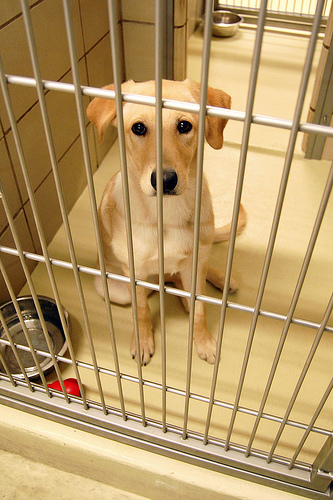 5 Tips To Reduce Shedding
5 Tips To Reduce Shedding
Dog hair everywhere? Do you feel
5 Tips To Reduce Shedding
5 Tips To Reduce Shedding
Dog hair everywhere? Do you feel
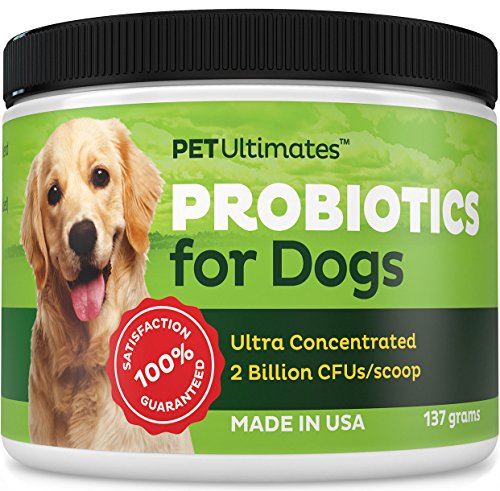 Heartburn in Dogs
If your dog is anything like
Heartburn in Dogs
If your dog is anything like
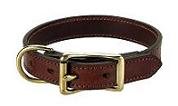 English Bridle Leather Dog Collars
If you have a medium to larg
English Bridle Leather Dog Collars
If you have a medium to larg
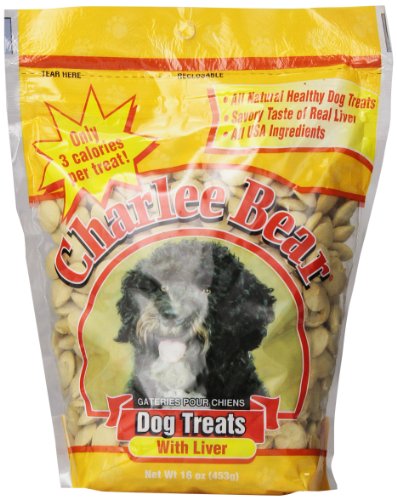 How Not To Use Treats In Dog Training
Treats are a valuable traini
How Not To Use Treats In Dog Training
Treats are a valuable traini
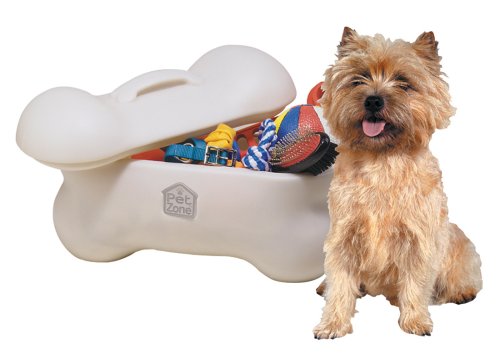 5 Cute Dog Toy Storage Ideas
If you have a dog and/or mul
5 Cute Dog Toy Storage Ideas
If you have a dog and/or mul